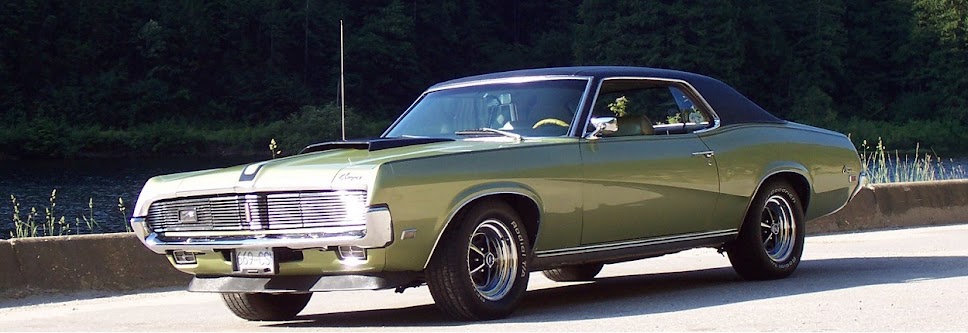
The Trans-Am series has inspiredsome fierce rivalries, and one of thefiercest ever raged between the Fordand Lincoln-Mercury divisions in 1967.Led by Sports Car Graphic editor (and,later, AutoWeek correspondent) Jerry Titus,Carroll Shelby’s Mustangs had won thefirst-ever Trans-Am manufacturers’ trophyfor Ford in 1966.
But Dearborn was anxiousto promote the brand-new Mercury Cougarin 1967. So while Ford division retainedShelby’s services for another Mustang effort,Lincoln-Mercury hired NASCAR team ownerBud Moore to prepare a trio of Cougars.Trans-Am cars were different then, farmore like the cars on the showroom floorthan are today’s.
The rules required stockdashboard padding, stock inner door panelsand working window winders with glass inthe doors. The stock unibody was drilled andlightened in places, but relied mostly on theroll cage for stiffening.Dual four-barrel carbs were (theoretically)a parts-counter option for the Cougar’s 289-cid V8.
A hotter cam, headers and as muchporting and polishing as the rules allowedpumped output up to 390 hp. The racingCougar suspension was more stock than not,although the rear leaf springs were supple-mented by a pair of tubulartraction links. Stock brakeswere required, although liningscould be altered, and Mooredrilled holes in the rear drumsfor cooling. For seats (the rulesdemanded two), he chose thesame racing buckets installedin the Shelby GT-350R.
But Dearborn was anxiousto promote the brand-new Mercury Cougarin 1967. So while Ford division retainedShelby’s services for another Mustang effort,Lincoln-Mercury hired NASCAR team ownerBud Moore to prepare a trio of Cougars.Trans-Am cars were different then, farmore like the cars on the showroom floorthan are today’s.
The rules required stockdashboard padding, stock inner door panelsand working window winders with glass inthe doors. The stock unibody was drilled andlightened in places, but relied mostly on theroll cage for stiffening.Dual four-barrel carbs were (theoretically)a parts-counter option for the Cougar’s 289-cid V8.
A hotter cam, headers and as muchporting and polishing as the rules allowedpumped output up to 390 hp. The racingCougar suspension was more stock than not,although the rear leaf springs were supple-mented by a pair of tubulartraction links. Stock brakeswere required, although liningscould be altered, and Mooredrilled holes in the rear drumsfor cooling. For seats (the rulesdemanded two), he chose thesame racing buckets installedin the Shelby GT-350R.

No comments:
Post a Comment